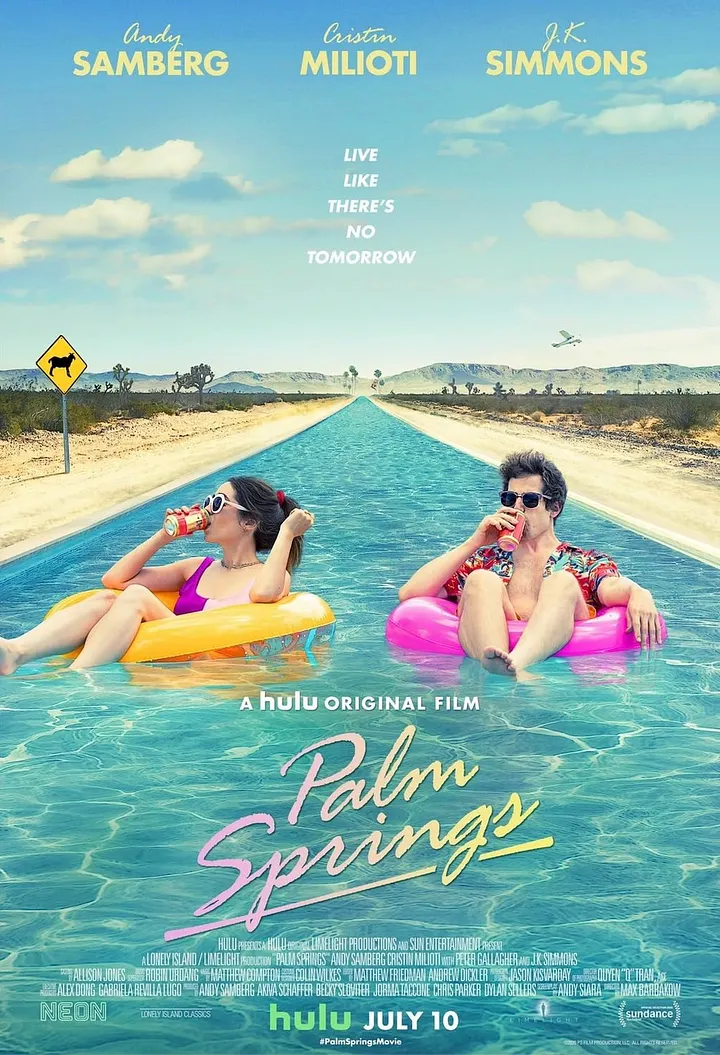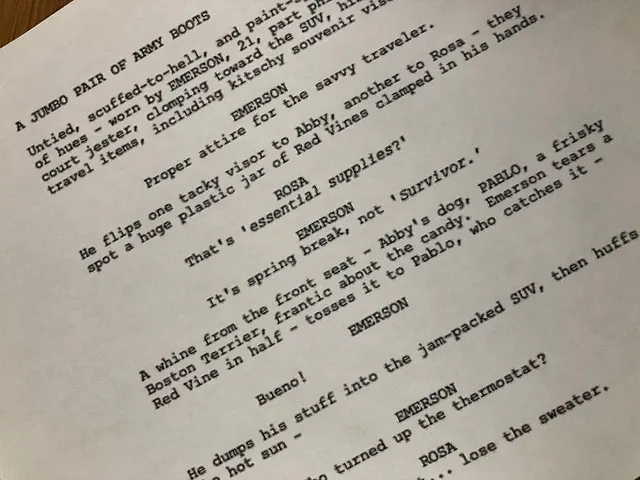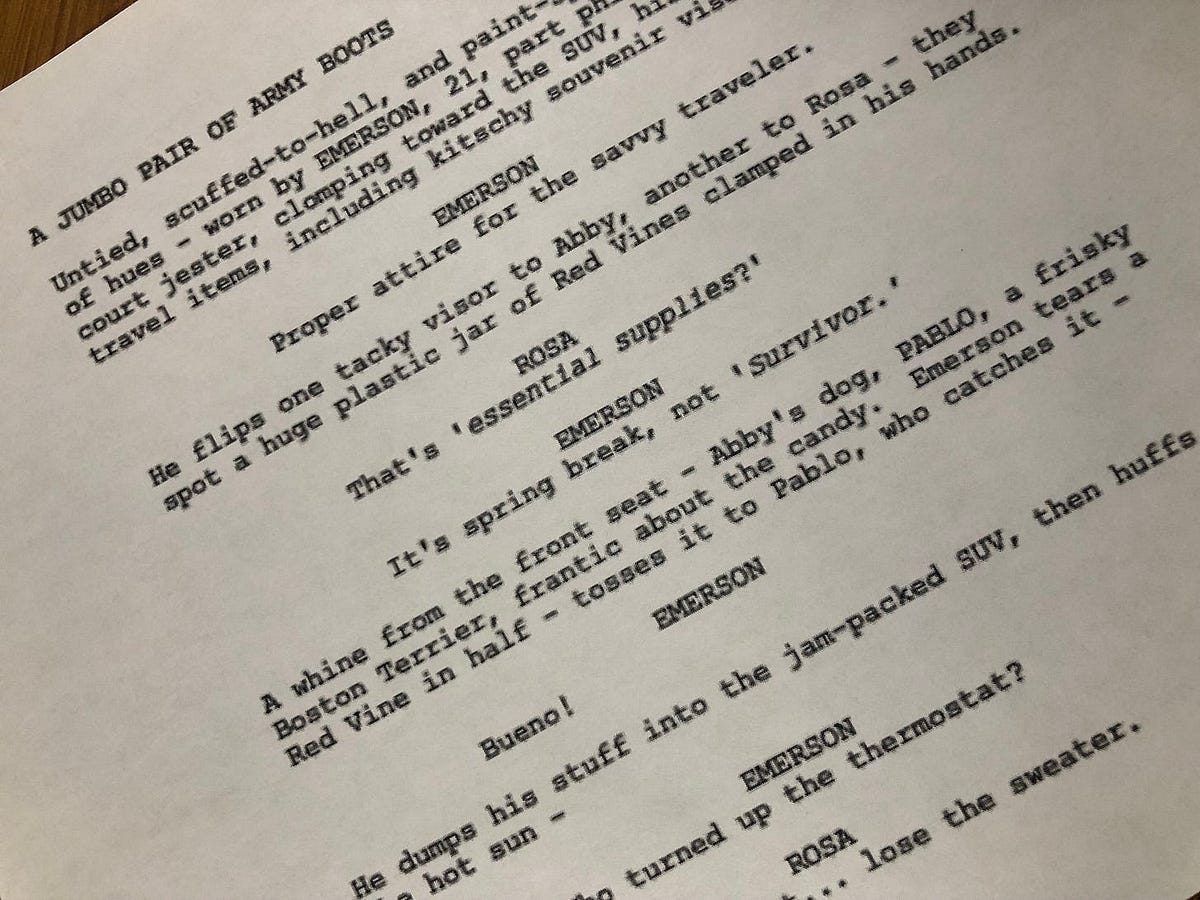Inside Secrets: Chuck Russell Reveals Untold Stories Behind Tom Cruise and Jamie Foxx’s Iconic Film Collateral
Ashely
Gotcha. So maybe you can just describe your actual process. I’m always curious just to hear how writers work. So you got a draft of this from your friend slash producer. Do you break it down into index cards? Do you have a board? Do you just input into final draft and start making making edits? Maybe you can talk about just sort of that process how you go about making changes.
Chuck Russell
On a polish, and there are technical, contractual definitions of what’s a polish and what’s not, but I think people know what I mean. If it’s not a deep rewrite, yeah, put it in the final draft, but you should know where you’re going. This was, I wonder if I should tell, my technique with Frank Darabont was very interesting, because it was truly rewriting. It was like two guys in the 1920s writing Broadway music together. I mean, we really were in the same, we got a cabin in Big Bear to do the rewrite on Elm Street 3, and literally did it together, and that was all about boarding it, which I personally believe in it. In that case, it was three by five cards, and we do little theater. If you’re working with a partner, you can actually play scenes out a little bit, or if you have actor friends, it’s a lot of fun to try your scenes out and workshop it a little bit in your own safe environment. But I don’t like moving forward until we know where we’re going, and then you break your rules. If your characters start speaking up outside of your structure, that’s great news. It means, you know, we’re going to make an adjustment. It means that the characters are vibrant enough, maybe they’re not going to behave the way you thought in your structural overview, and go with it and see where it takes you. Let them call the cops in a horror film. Don’t make them not call the cops. Don’t have them not walk into the dark basement. What else is going to happen that could be even scarier? So you can break your own. If you know where you’re going, and the same thing’s true of storyboarding scenes for filming. I like to have a plan, and then we’re there to rise above the plan, should it come to us. But I know where we’re taking off and how we’re landing every day I shoot. And when we start a script, I know where we want to go. You may come up with a surprise for the end, because their endings are just given the audience exactly what they want and the way they least expect it. This is my personal rule for endings. It can’t be predictable, but you better add up, you know? Or your ending can be ironic. I mean, that’s true. So yes, I personally believe in boarding. Frank Darabonda wrote Shawshank Redemption less believed in boarding. You know, I don’t know what he did. Maybe he treats each thing individually. But when you work with a partner, for sure, you better board it so you both know where you’re going.












